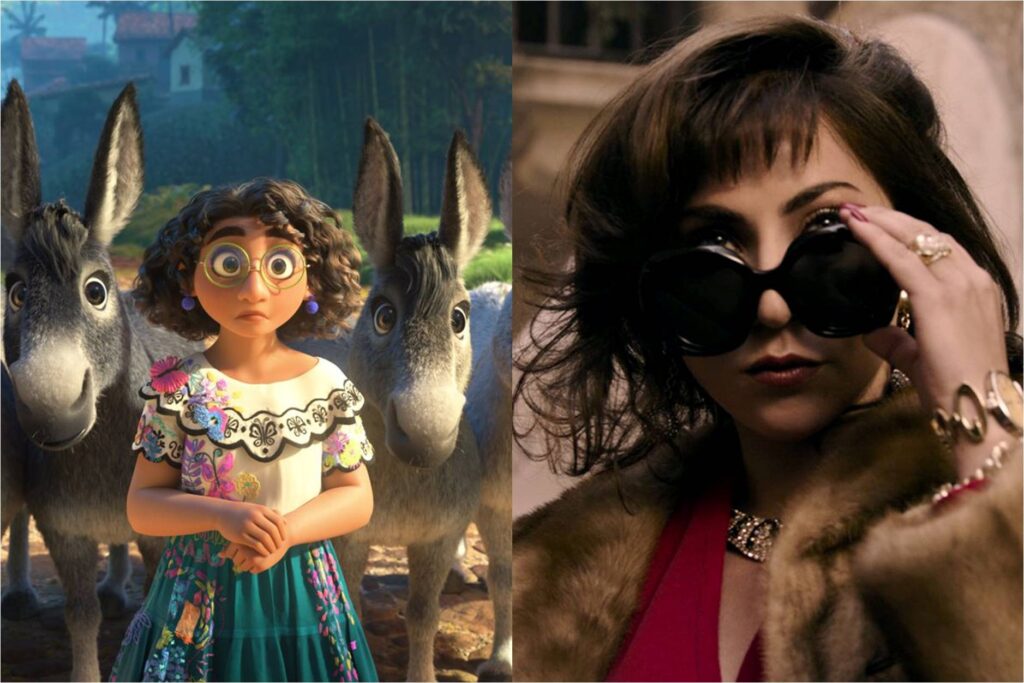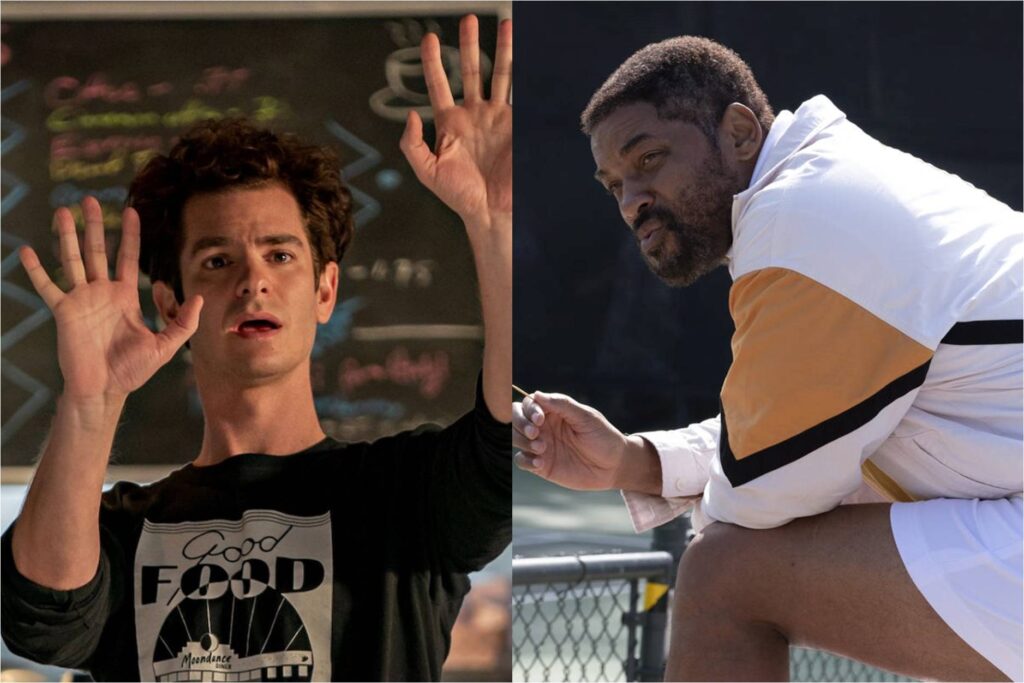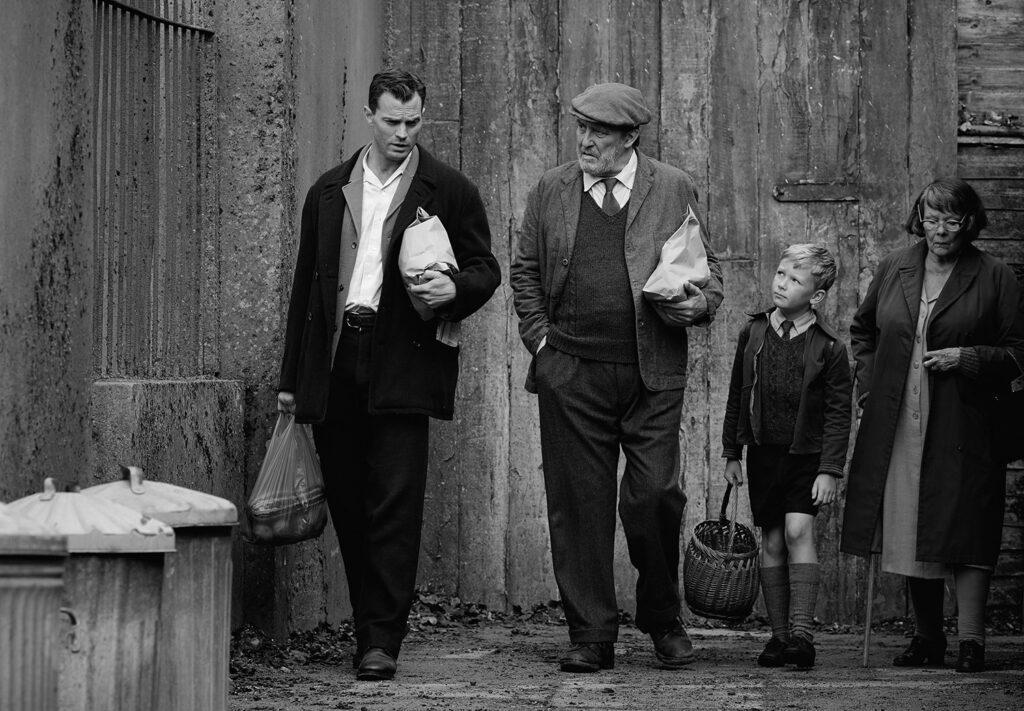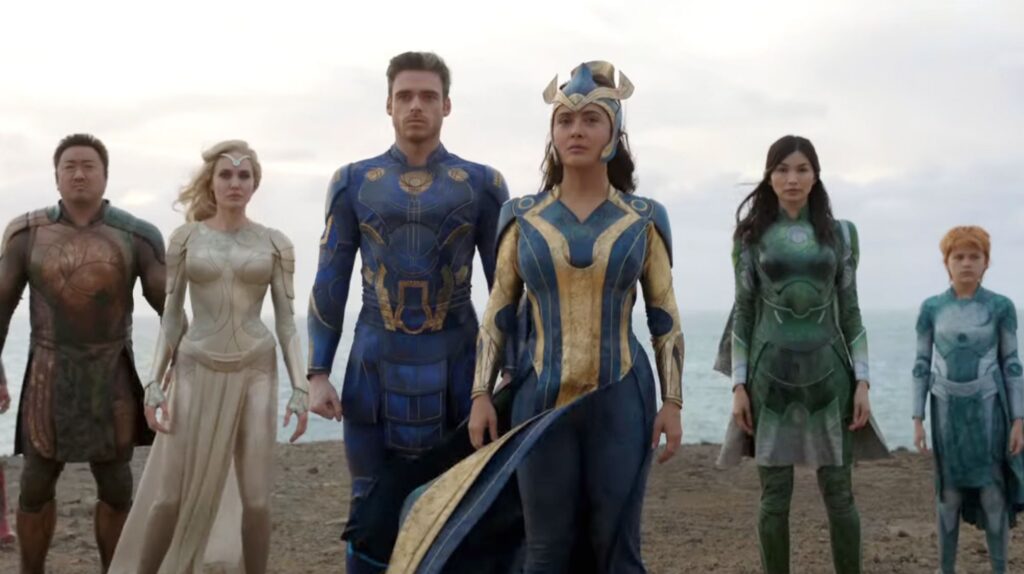The Power of the Dog: West for Success
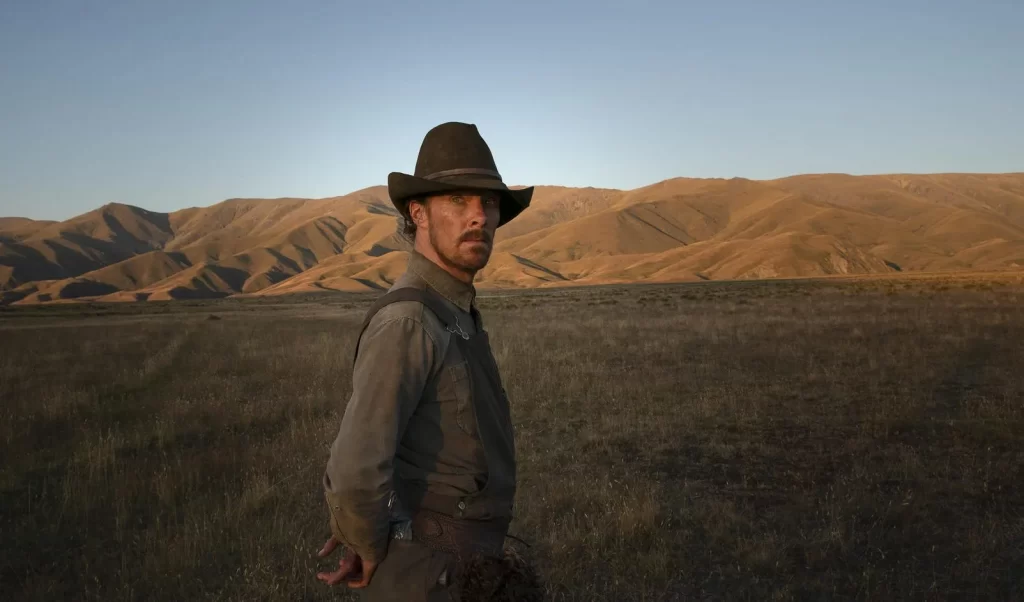
A man in a black hat riding a horse. A woman with a flower in her hair serving a meal. A sprawling ranch, a glinting sunset, a bottle of booze. These are the artifacts of the Western, one of cinema’s oldest and most durable genres. They are also, in the hands of Jane Campion, raw clay to be modeled and molded, reshaped into new forms both beautiful and angular. The Power of the Dog, Campion’s first feature in a dozen years and arguably the best work of her long, too-infrequent career, treats the Western much like the carcass that one of its characters encounters on his dusty travels; it picks its bones clean and then assembles the harvest into a rich, tantalizing story of cruelty, desire, and retribution. It doesn’t so much upend the form’s conventions as weaponize them to reimagine a new kind of movie altogether.
Campion is hardly the first filmmaker to interrogate the complicated history and inherent stereotypes lurking beneath the familiar tales of cowboys and Indians; it’s been nearly three decades since Clint Eastwood deconstructed his own mythos in Unforgiven, and ever since (not to mention before), countless artists have breathed new, investigative life into that same classic carcass. But The Power of the Dog is especially notable for how it wields the twin powers of absence and suggestion. There are no bloody shootouts (nary a gun is even fired), but the threat of incipient violence still looms over its Montana setting like a storm cloud. There is no sex—an offscreen marriage generates no more visible ardor than a few chaste kisses on the cheek—but the screen nevertheless seethes with unconsummated longing. And there is no tin-starred sheriff maintaining law and order, but crime is still very much afoot. Read More

